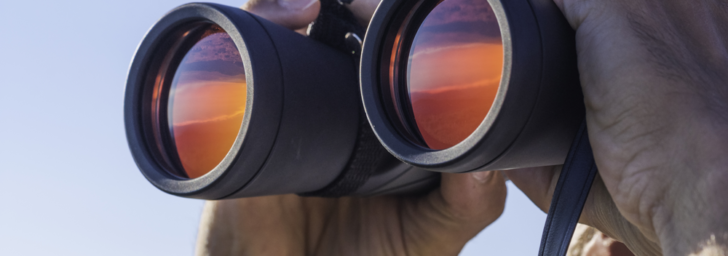30-second summary:
- A brand awareness campaign that includes paid search can result in more organic search traffic with an increase in branded search terms.
- With a large number of the world’s population now confined at home, people have turned to social media as an outlet to remain connected with family, friends, and work. This online behaviour is the intersection of paid, earned, shared, and owned marketing, or the PESO model.
- So, what happens when a company decides to increase or decrease their paid social media campaigns at a time when so many people have turned to social networks for connection, resources, and to just pass the time?
- JUST Media produced the following analytical findings across their accounts to help other marketers ensure their brand’s message is reaching the right audiences, their brightest minds, Jennifer LoMonaco and John Smith take you through the finest insights.
Marketing does not work in silos, and neither does life.
A brand awareness campaign that includes paid search can result in more organic search traffic with an increase in branded search terms. A newsworthy event can result in additional organic searches or views on social networks, such as what we’re currently seeing.
With a large number of the world’s population now confined at home, people have turned to social media as an outlet to remain connected with family, friends, and work. This online behaviour is the intersection of Paid, Earned, Shared, and Owned marketing, or the PESO model.
So, what happens when a company decides to increase or decrease their paid social media campaigns at a time when so many people have turned to social networks for connection, resources, and to just pass the time?
At JUST Media, we run media planning and buying for some of the world’s most powerful enterprise technologies. We produced the following analytical findings across our accounts in an effort to help other marketers ensure their brand’s message is reaching the right audiences.
Company A, shown below, had a paid social campaign running in 2020 and saw a positive trend with social traffic and engagement with an improvement in Cost per Engagement (one of their KPIs).

And, an uptick in click-through rate.

As the global pandemic spread and events were cancelled, schools and businesses closed, and shelter-in-place orders enacted, paid social was paused the week of 3/17/2020. In the chart below showing organic social traffic (measured in 1000’s), the 2020 graph has outpaced the 2019 graph all year. It isn’t until after the paid social budget was paused that we see the 2020 organic social traffic line dip below the 2019 line.

You might wonder, though, how much of that is due to cutting the social budget vs. the overall global uncertainty with COVID 19. Let’s compare it to Company B, which left its paid social budget unchanged. This chart shows organic social traffic during the same time period as Company A, but notice the strong 2020 trend line that is outpacing 2019. There is no indication that 2020 cannot continue to outpace 2019.

Finally, let’s look at another example where Company C decided to boost its paid social media presence in 2020. Cost per click and (CPC) and cost per 1000 impressions (CPM) both saw efficiency with the higher budget.

Not only are the pre-click metrics showing improvement, but organic social traffic also shows an uptick.
Notice that 2020 and 2019 organic social traffic is pretty close together until the 2nd and 3rd week of March when we start to see some distance where 2020 rises and maintains above 2019. It raises the floor and gets a larger return for the investment.

To further show the effect of paid social with organic social, let’s look in more detail at the last six weeks. The week of March 8 when so many companies implemented a mandatory work-from-home policy, there was some pull-back in the social strategy. The following week when the focus returned, organic social traffic rebounded to similar levels.

Beyond the traffic volume that social networks can provide is the engagement on these platforms by its users who are liking, sharing, and commenting on posts and ads. This engagement provides the opportunity for companies to interact with their customers at a time when face-to-face contact is not possible beyond a video conference call. Companies can also guide the conversation and initiate messaging with their customers. This is known as community management, and it can be powerful in an overall social strategy.
What we are seeing right now with clients who are active on social platforms is an increase in engagement. This means an increase in the opportunity for companies to interact with their clients at a time when businesses are closed, face time is diminished, and customers have an increased need in having their concerns and worries calmed.
Companies who have chosen to decrease their paid social presence or pause it together are likely not only seeing a drop in their paid social traffic, but also their organic social traffic, and if they are also not involved in a community management strategy, they are potentially missing a key opportunity to interact with their customers. Those companies that are maintaining their social presence through paid campaigns and community management will likely be better positioned for an upswing in the coming weeks and months when the world begins to emerge from the current situation.
Note: This is not a sponsored feature.
Jennifer LoMonaco is Director of Data and Analytics and John Smith is a Data Engineer at JUST Media.







